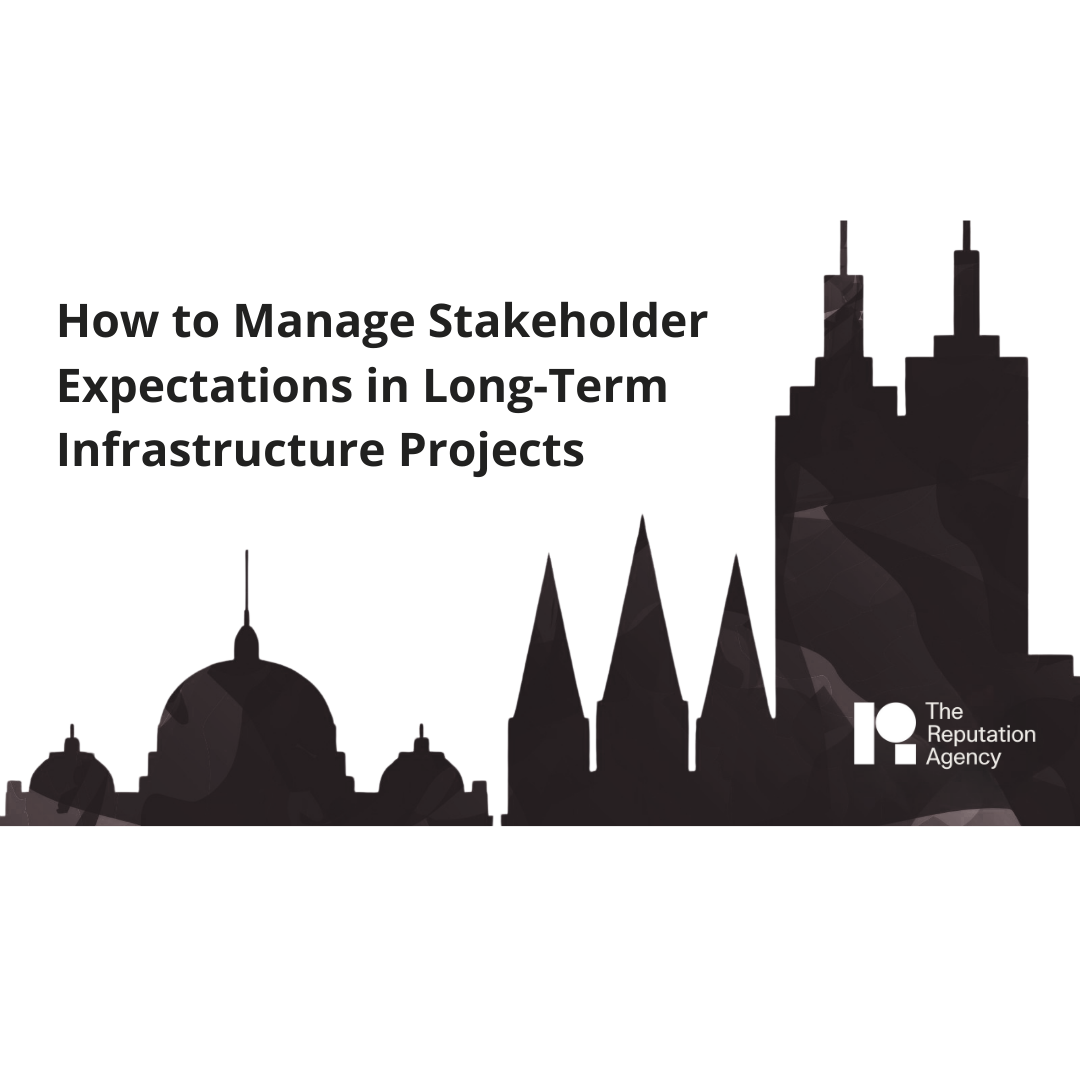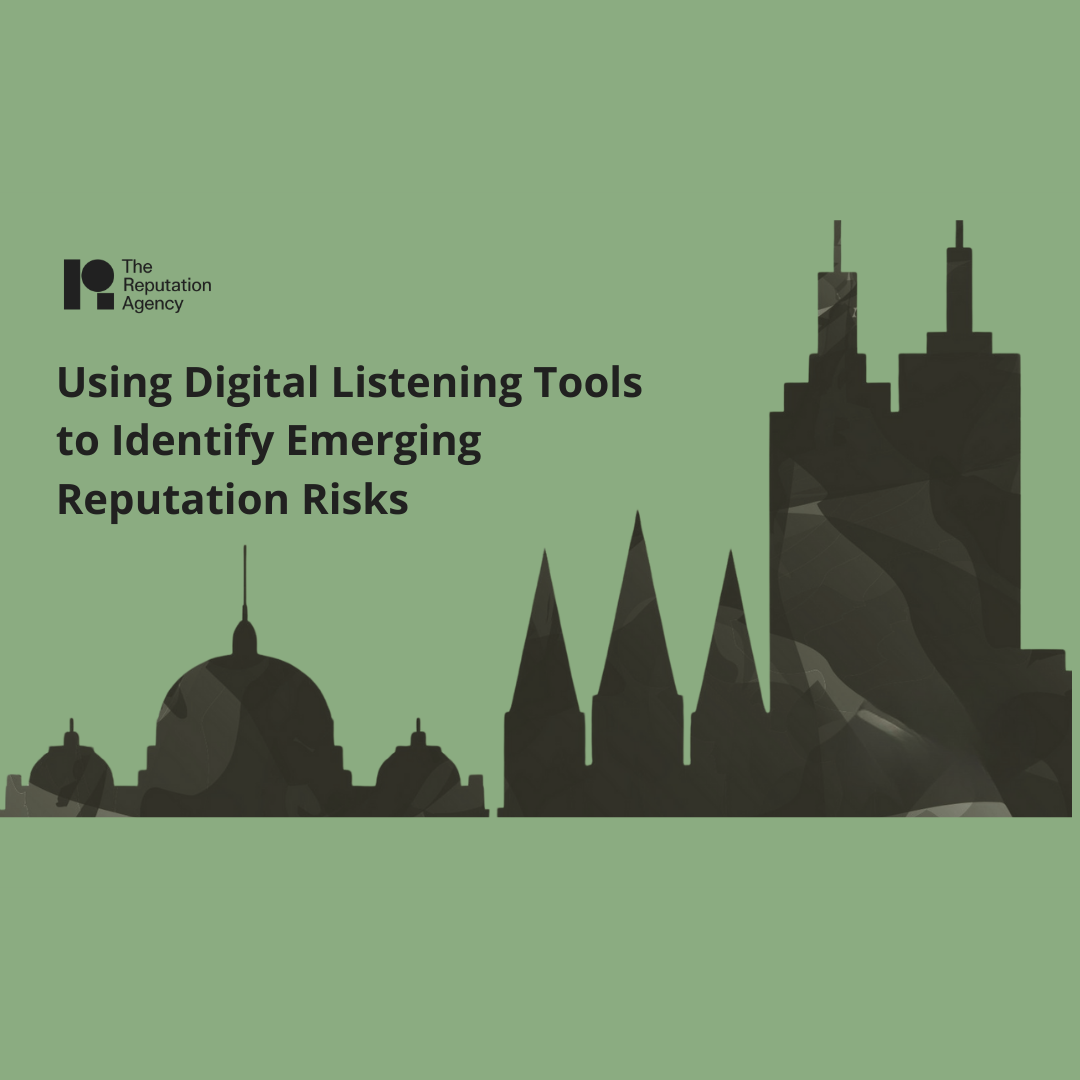Reputation Insights and News
The Reputation Agency is pleased to share its Insights and News
Crafting Effective Q&A Briefs for Corporate Announcements
Learn how to craft effective Q&A briefs for corporate announcements. Discover best practices to ensure consistent messaging, reduce risk, and build stakeholder confidence.
Role-Playing Crisis Scenarios in Media Training Workshops
Learn how to use role-playing in media training to prepare executives for crisis scenarios. Build confidence, refine key messaging, and protect your organisation’s reputation in high-stakes situations.
Using Internal Podcasts to Strengthen Organisational Culture
Learn how to communicate complex policy changes to the public with clarity and confidence. Discover strategies for simplifying messages, reducing misinformation, and building trust.
How to Communicate Complex Policy Changes to the Public
Learn how to communicate complex policy changes to the public with clarity and confidence. Discover strategies for simplifying messages, reducing misinformation, and building trust.
Building Media Relationships for Sustainable Industry Coverage
Learn how to build strong media relationships for sustainable industry coverage. Discover strategies for long-term engagement, value-driven communication, and executive readiness.
How to Manage Stakeholder Expectations in Long-Term Infrastructure Projects
Learn how to manage stakeholder expectations in long-term infrastructure projects. Discover strategies for transparent communication, stakeholder engagement, and reputation protection.
Using Digital Listening Tools to Identify Emerging Reputation Risks
Discover how digital listening tools identify emerging reputation risks. Learn how real-time monitoring, AI insights, and sentiment analysis can protect brand reputation.
Building Thought Leadership Through Executive Blogging
Discover how executive blogging builds thought leadership and corporate reputation. Learn strategies for authentic storytelling, audience engagement, and measurable influence.
Managing Public Perception During Organisational Restructures
Learn how to manage public perception during organisational restructures. Discover strategies for transparent communication, stakeholder trust, and media engagement.
The Role of Data Visualisation in Stakeholder Reporting
Discover how data visualisation strengthens stakeholder reporting. Learn best practices for clarity, accuracy, and engagement to enhance corporate reputation and trust.
Leveraging Employee Feedback to Shape Corporate Messaging
Learn how to use employee feedback to shape authentic corporate messaging. Discover practical steps to build alignment, boost engagement, and strengthen brand credibility.
How to Conduct Reputation Audits Across Multiple Business Units
Learn how to conduct reputation audits across multiple business units. Discover key steps to measure, compare, and strengthen corporate reputation through data-driven insights.
Aligning ESG and Financial Communications for Investor Confidence
Learn how to align ESG and financial communications to strengthen investor confidence. Discover best practices for transparency, collaboration, and unified corporate storytelling.
How to Manage Media Leaks During Sensitive Corporate Negotiations
Learn how to manage media leaks during sensitive corporate negotiations. Discover strategies for rapid response, internal alignment, and reputation protection under pressure.
Crafting a Corporate Reputation Strategy for Multinational Expansion
Learn how to craft a corporate reputation strategy for multinational expansion. Discover global best practices for trust, consistency, and cultural alignment in new markets.
How to Reposition Your Brand After a Corporate Rebrand
Learn how to reposition your brand after a corporate rebrand. Discover steps to rebuild trust, communicate effectively, and strengthen market perception with strategic storytelling.
Building Trust Through Transparent Corporate Communications
Learn how transparent corporate communication builds stakeholder trust and credibility. Discover best practices for openness, clarity, and authentic messaging in reputation management.
Preparing Spokespeople for Community Consultation and Town Halls
Learn how to prepare spokespeople for community consultations and town halls. Discover strategies for messaging, empathy, handling difficult questions, and building public trust.
Developing Predictive Models for Reputation Risk Assessment
Learn how to develop predictive models for reputation risk assessment. Discover data sources, AI tools, and early warning systems to protect brand trust and corporate reputation.
Building a Brand Ambassador Program Through Micro-Influencer Partnerships
Learn how to build a brand ambassador program using micro-influencer partnerships. Discover steps, strategies, and metrics to enhance trust and reputation through authentic advocacy.




















